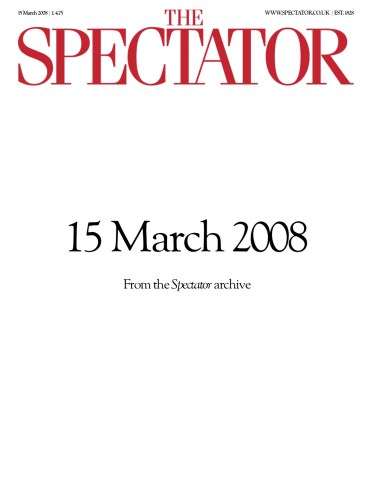Echoes of the invisible world
In 1958, Daphne du Maurier published a collection of short stories, The Breaking Point. Justine Picardie’s novel Daphne begins the year of the stories’ composition, 1957. Du Maurier, then Britain’s best-selling novelist, struggles with her own breaking point. Newly acquainted with the infidelity of her husband, Lieutenant General Sir Frederick Browning, known as Tommy, she

